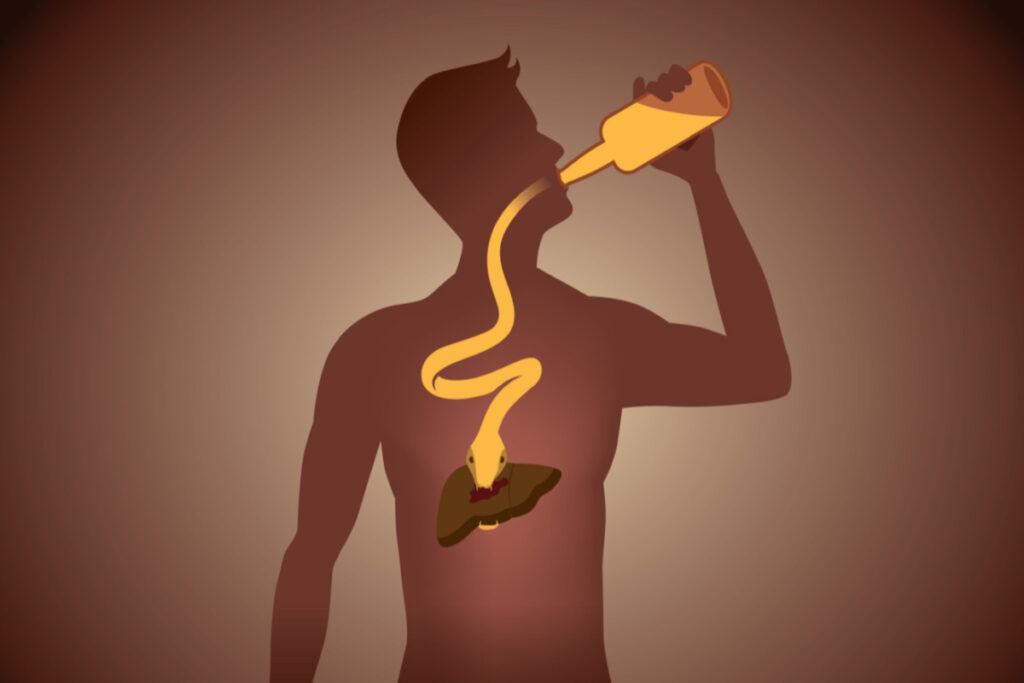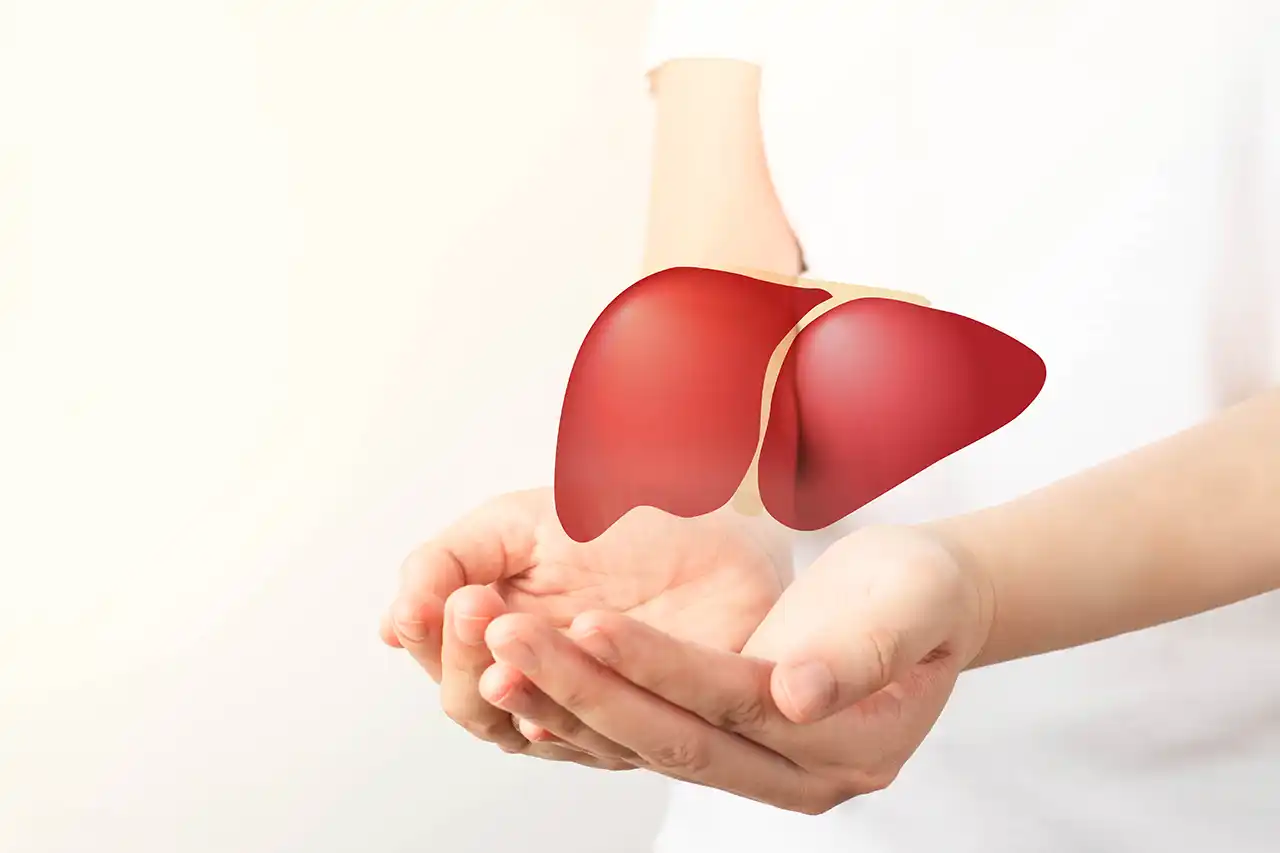Prevention plays a fundamental role in the fight against this disease. Below are seven essential tips to avoid contracting hepatitis and protect your health, as well as the people around you.
Tips to avoid hepatitis
1. Vaccination: The hepatitis B vaccine is one of the most effective ways to prevent infection. It is especially important for people who are at higher risk of exposure, such as healthcare professionals or those who have multiple sexual partners.
2. Practice safe sex: Using condoms consistently and correctly during sex can prevent the transmission of hepatitis B and C, as well as other sexually transmitted infections.
3. Avoid sharing needles: People who use intravenous drugs should avoid sharing needles, syringes, or other injection equipment to prevent hepatitis C and HIV (Virus of Human Immunodeficiency)
4. Personal hygiene: Washing your hands after using the bathroom and before eating is a basic hygiene practice that can prevent the transmission of hepatitis A and E, which are often spread through contaminated water or food.
5. Education and Awareness: knowing the modes of transmission and prevention practices is essential. Education about hepatitis in at-risk communities and settings can help prevent the spread of the disease.
6. Avoid excessive alcohol consumption: Excessive alcohol consumption can damage the liver and increase the risk of complications in people with hepatitis. Reducing or eliminating alcohol consumption can protect liver health.

7. Get screened and treated: High-risk people, such as healthcare workers and those who have been exposed to the blood of someone with hepatitis, should get tested regularly. If the disease is diagnosed, following appropriate treatment can prevent serious complications.
In summary, hepatitis prevention relies on education, awareness, and adoption of safe practices. By following these tips, you can significantly reduce your risk of contracting hepatitis and contribute to creating healthier, safer communities for everyone.














